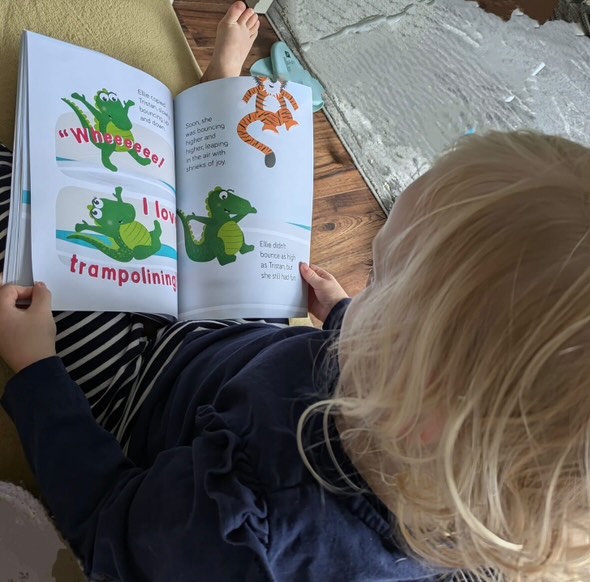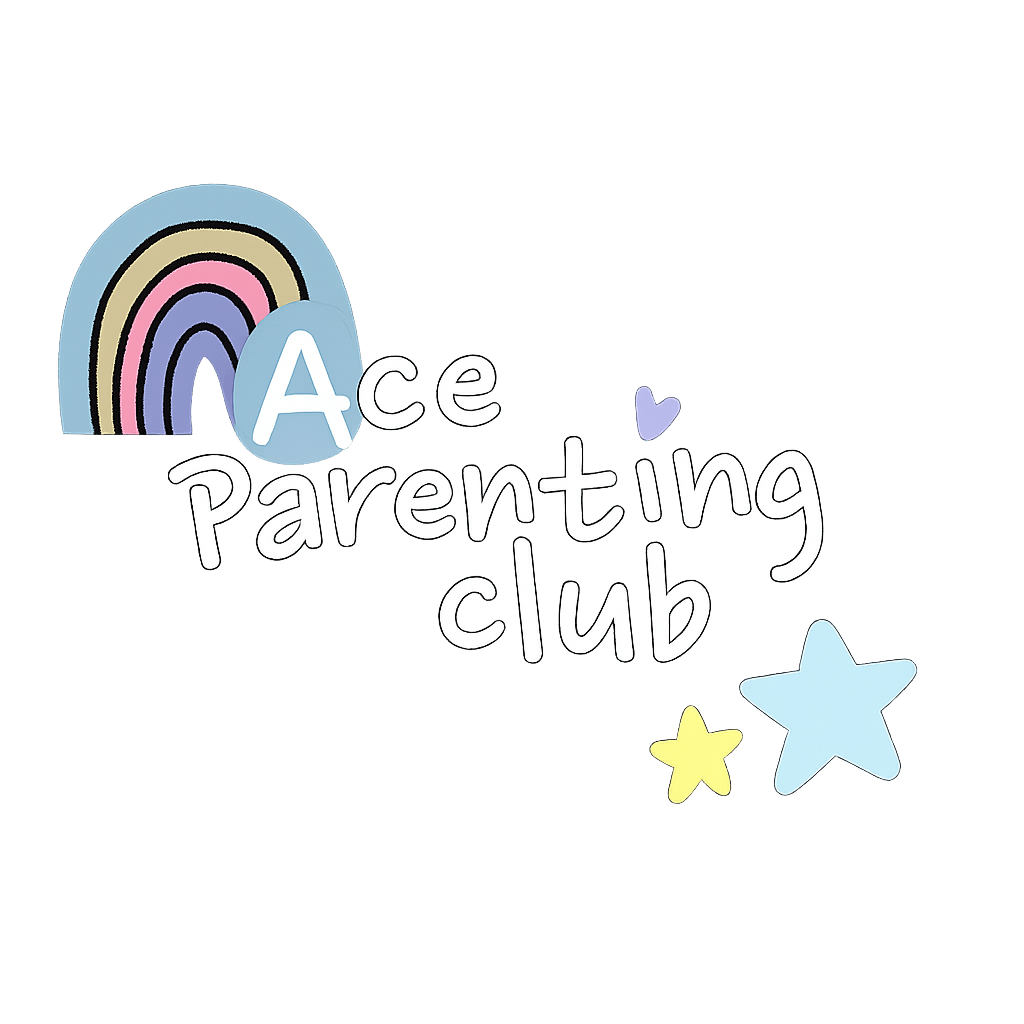A Collaboration Between Ace Parenting Club + Emily Creator Of Ellie The Crocodile goes to gymnastics
Talking about tough subjects with children isn’t always easy. One of the best ways to introduce big emotions is through stories.
Emily’s wonderful book “Ellie the Crocodile goes to gymnastics” helps children recognise feelings they might not fully understand yet. By seeing those feelings from Ellie’s point of view, children learn that it’s normal to worry, feel frustrated, and even doubt themselves – and more importantly, how to cope in a healthy way. Teaching children to develop coping strategies and management skills are vital to ensuring children have good mental health.
Recognising Worries – “I’m not very good at this…”
How often have I heard my children say, “I’m not good at…” before they’ve even tried it? Many children worry about failure before they’ve even given something a go. They watch others or adults who seem to do something straight away and feel they can’t do it as well or the same. What they don’t see is often these people have practised and probably failed at some point but they kept trying until they succeeded.
In the story, Ellie feels nervous about joining gymnastics with her friends because she’s worried she won’t be any good. This lets children see that others feel the same way they do – and that it’s okay to feel that fear.
By showing worries from Ellie’s perspective, children are reassured that they’re not alone and that it’s normal to feel unsure about new experiences.
2.
Believing in Yourself
One of the hardest but most important lessons for children is to believe in themselves. Realising that we all have different gifts and talents is such a hard concept to understand. Ellie’s motto throughout the book is: “I think I can, I think I can.” By repeating this to herself, she builds the self-belief to keep trying. The message is clear: we all have different strengths, and while some things come naturally, most achievements come through practice and perseverance. Ellie’s story shows children that confidence grows when you encourage yourself instead of giving up.

The Value of Humour – It’s Good to Laugh at Yourself
Setbacks happen to everyone – but how we handle them makes all the difference. When Ellie falls off the balance beam, she could have cried or given up. Instead, she laughs at herself and keeps going. This light-hearted moment shows children that mistakes don’t have to be scary – sometimes they can even be funny. Learning to find humour in mistakes teaches children to process emotions in a healthy way, an essential foundation for good mental health.
Building Resilience
From the moment babies learn to roll, crawl, and walk, resilience is at work – they fall, they try again, and they keep going. But as children grow older, they can forget how much persistence it took to master those early milestones.
Ellie’s journey reminds children that:
* Skills take time and effort to develop
* Things won’t always go right first time
* Not everyone will achieve the same things at the same pace
*You need to look for a solution
Resilience is a life skill they’ll need forever. Ellie helps children see that setbacks aren’t the end, just a step towards improvement. It encourages children to celebrate their achievements as well as those of their friends.
5. The Importance of Kindness and Friendship
Friendship is at the heart of Ellie’s story. Her friends encourage and support her when she feels nervous, reminding children that kindness makes a huge difference.
This teaches two valuable lessons:
* Sometimes we need our friends to cheer us on
* Other times, we’re the ones who can offer encouragement
Through Ellie, children learn that kindness, empathy, and inclusivity make friendships stronger – skills they’ll carry into every part of life.
Our Final Thoughts
‘Ellie the Crocodile goes to gymnastics’ is a gentle yet powerful way for children to explore emotions like worry, self-belief, resilience, and kindness.
By seeing how Ellie faces her fears, children are inspired to reflect on their own feelings and find positive, healthy ways to cope. It’s a story that opens the door to conversations we all want to have with our children – but sometimes find hard to start. It has clear examples for children to see it from another person’s point of view which allows children to empathise and identify with Ellie.


